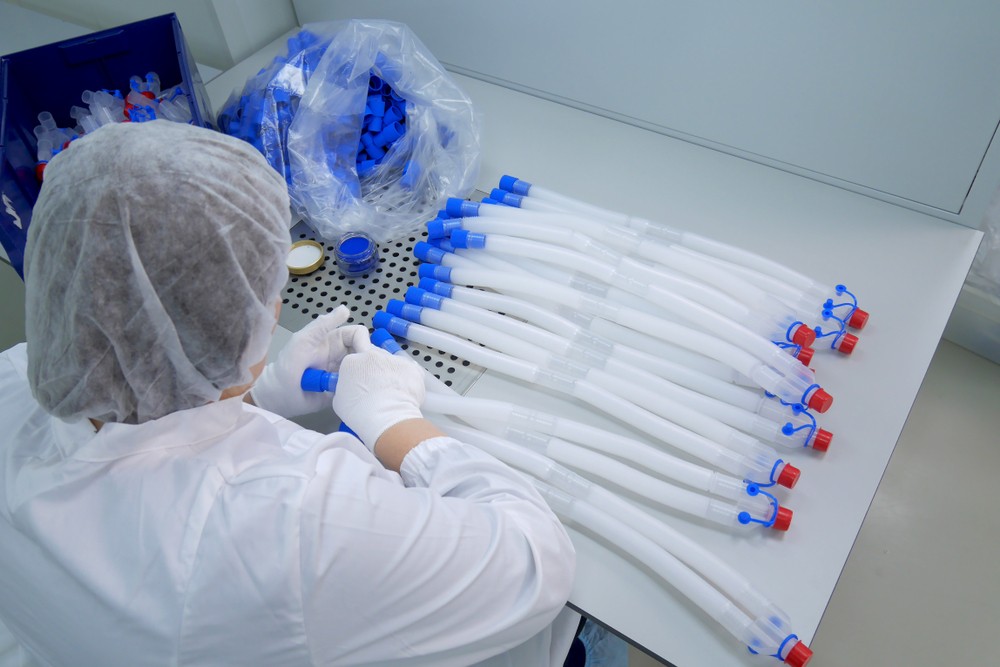COVID-19 Continues to Hit Manufacturing; Factories Try to Keep Pace

The U.S. economy is at a veritable standstill, with non-essential businesses completely shuttered and many essential businesses handicapped by the virus. Other countries aren’t faring any better. At the center of it all is manufacturing, which faces struggle from both sides. Supply chains are falling apart, limiting production and causing many manufacturers to take evasive action.
The details of just how disruptive COVID-19 is for manufacturing are still coming to light, but an early survey shows the potential for how bad things are likely to get.
Disruption by the numbers
A CFE Media and Technology COVID-19 engineering impact survey, conducted March 20-25, 2020, paints a grim picture. The survey, which follows a similar one from a week prior, shows a rapid development in negative outlook.
According to the survey, 74% of manufacturers say that COVID-19 has negatively impacted their business. Of these manufacturers, the number who cite a “great deal” of disruption is on the rise, increasing from 13% to 35% from the previous survey. 53% say their companies face supply chain problems, while 57% have been forced to begin considering contingency plans to maintain normal operational levels.
The numbers also show how many companies are adapting — albeit slow thanks to normal industry barriers. Roughly a quarter of surveyed manufacturers (24%) said they could not offer work-from-home opportunities for their employees due to the vital nature of in-person work. 46% say they’ve eliminated travel from their operations, up from 35% in the previous survey.

How is manufacturing adapting?
While a great number of manufacturers have shifted operations to focus on production of durable medical equipment and PPE, other manufacturers have been forced to pivot creatively. The success of companies to adapt their operations has fueled new avenues of stability for factories showing agility. Some prime examples include:
- Anheuser-Busch InBev, the world’s largest beer producer, has begun producing millions of gallons of hand sanitizer with surplus alcohol as a way to keep production lines running.
- Colgate, best known for consumer care products like toothpaste, has coordinated with the World Health Organization (WHO) to produce 25 million soap bars at five factories on three continents, to be sourced to hospitals and healthcare facilities.
- HP, the print and copy giant, has repurposed its 3D printers and production lines to create masks, face shields, and ventilator parts.
- Ford is shifting its production capabilities from vehicles to ventilators, as it expects to make more than 50,000 in the next 100 days. The manufacturer is working in tandem with 3M and GE’s healthcare units.
These examples are just a smattering of the manufacturers taking evasive action to weather the COVID-19 pandemic. They’re working hard to keep operations running at the highest possible levels of capacity, while churning out essential equipment and resources for healthcare workers on the front lines.
Manufacturing is going through a pivotal time right now. Most factories face unprecedented disruption, and those with the ability to do so are shifting focus to help fight the pandemic. The next three to six months will be extremely telling for not just industry, but world economies as a whole.